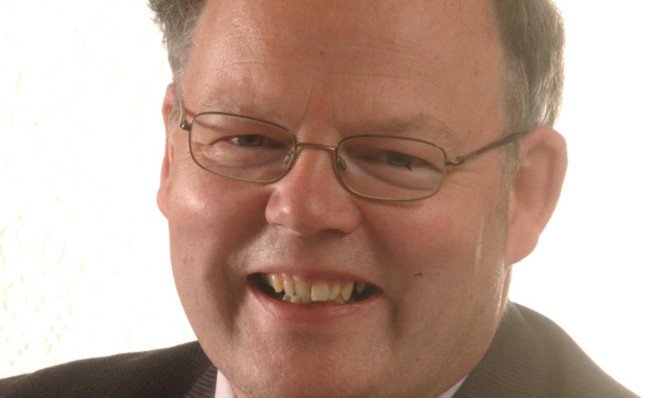The role of an executor comes in the Legal Advice Line spotlight.
Q I am executor in my late widowed father’s will. What are the duties of an executor?
A An executor’s role is to deal with all matters arising following a person’s death.
The first phase is to register your father’s death and instruct the funeral, with costs normally being met from his assets.
If there are insufficient funds you could become liable for any balance.
Identifying his assets and arranging for them to be cashed or transferred would be the next step, which would normally involve obtaining confirmation (being a process through the local sheriff court).
If your father has left a substantial estate, returns and inheritance tax payment may also be required to HMRC.
Once you have gathered all the items and settled all debts then you are in a position to pay (or transfer) the remaining estate to the people who are to benefit under the details of the will.
Q My sister has died, leaving a will appointing me as her sole executor and leaving me everything. Her building society won’t give me funds and requires probate. Why?
A The will is an instruction as to what is to happen and does not itself give ownership to you.
The building society requires you complete the legal process of lodging the will and supporting application forms (including a list of your sister’s assets at date of death) with the sheriff court.
An official document, known as confirmation (the Scottish equivalent of probate, which is an English term), will then be produced, which the building society will accept and thereafter follow your instructions.
Q My husband and I had separate bank accounts. He died recently, and my lawyer says it will be weeks before funds can be drawn from my husband’s accounts. How do I settle his funeral account in the meantime?
A On a person’s death, accounts in their own name are automatically frozen. Your lawyer will assist you in obtaining confirmation. When this is complete, the funds can be released.
Most banks have the facility to allow settlement of a funeral account ahead of such a process. The invoice should be forwarded to the bank with a request that they issue a cheque payable to the undertaker.
Q I am executor for an elderly neighbour who has left everything to four charities. The lawyer dealing with her estate has said we should wait six months before making the final payments to the charities. Surely it would be better to complete this as soon as possible?
A Anyone due money from your neighbour has up to six months from the date of death to intimate a claim.
In close family situations, matters can be completed before the six months since the family would settle any debts intimated within that time.
However, it is not so easy if early final payments have been made to charities etc.
Q The Department of Works and Pension have raised a claim following my mother’s death for benefits allegedly overpaid to her during her lifetime. How have they found this out, and do we need to settle with them?
A The department will have seen the confirmation application and compared the assets listed at death against the financial details disclosed at the time of application for benefits.
They may ask for bank statements etc, for the period in question and, if it is demonstrated that your mother held additional assets in her lifetime, then a repayment figure may be due.
* Thorntons is a trading name of Thorntons Law LLP.
